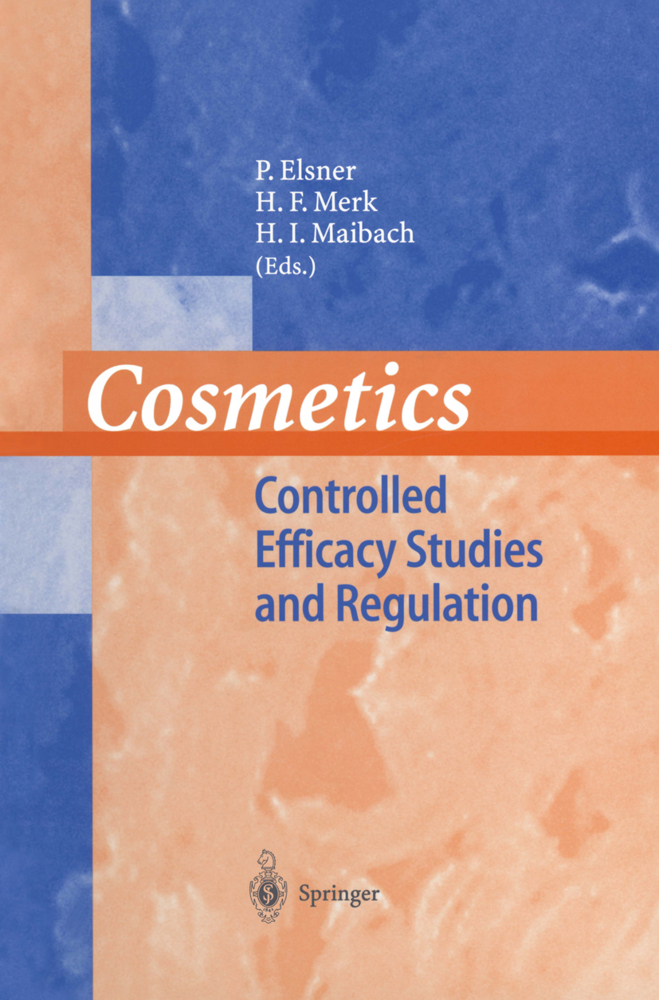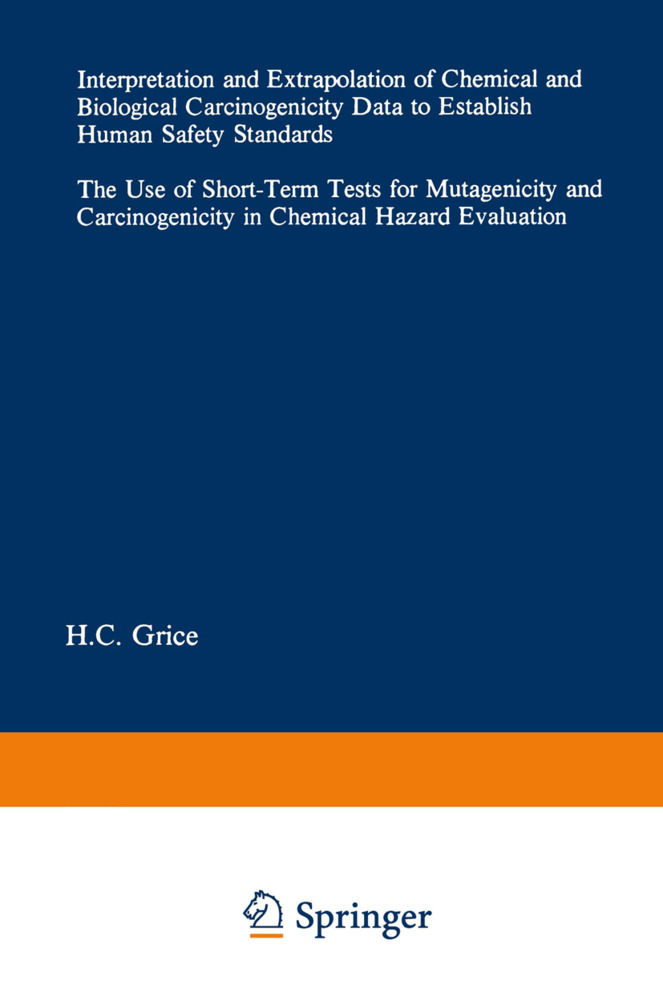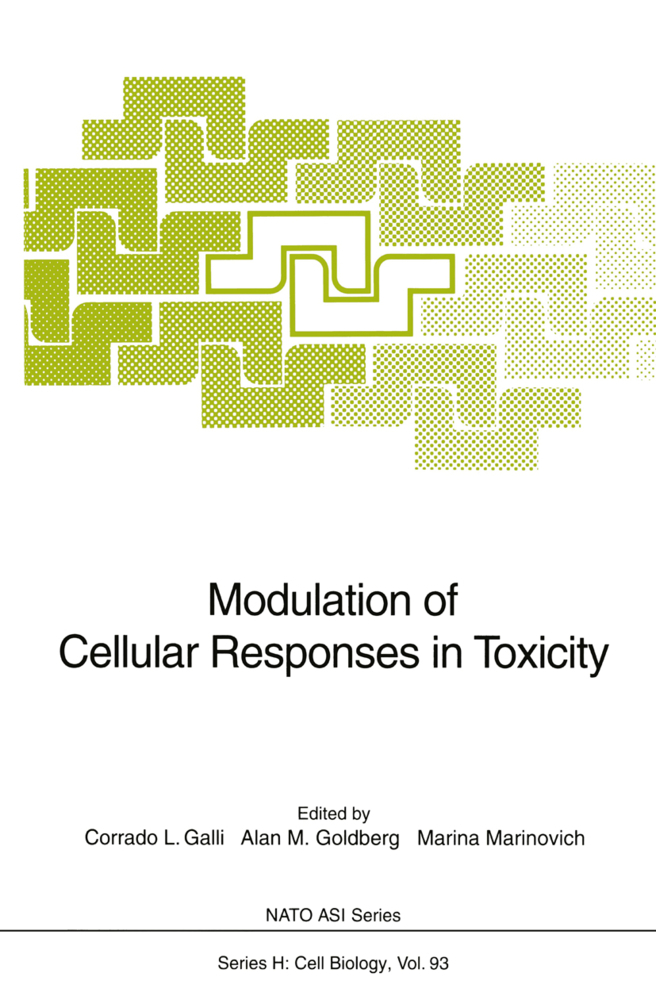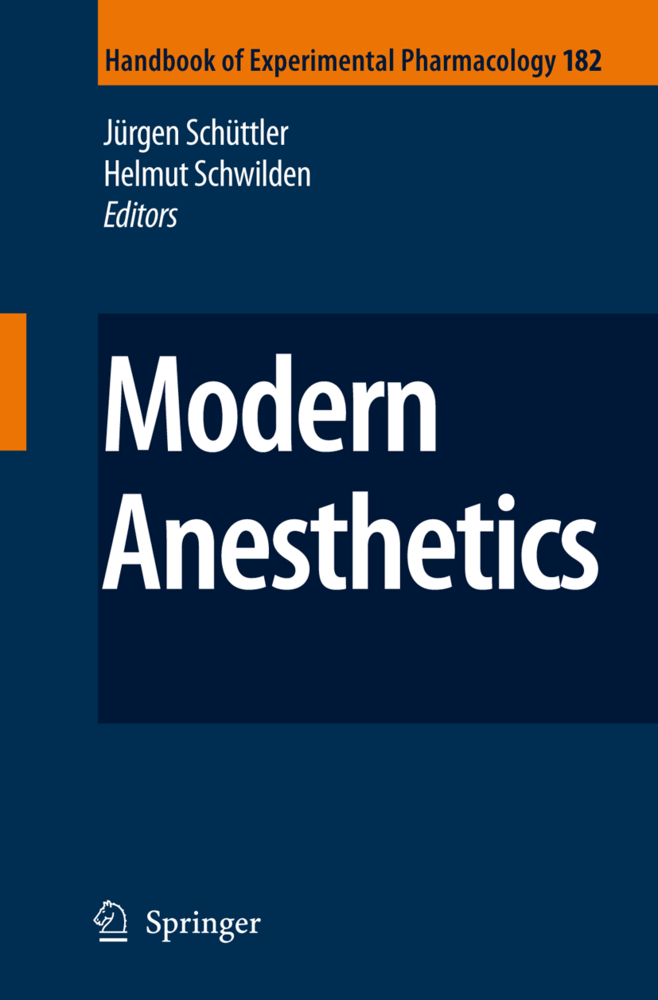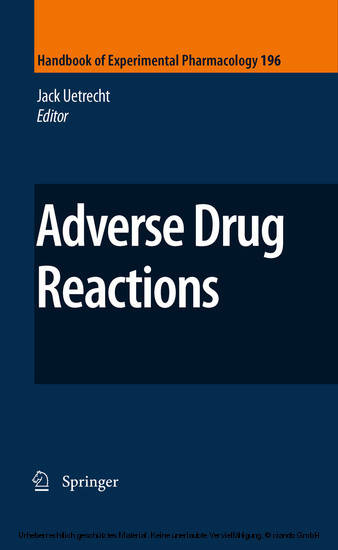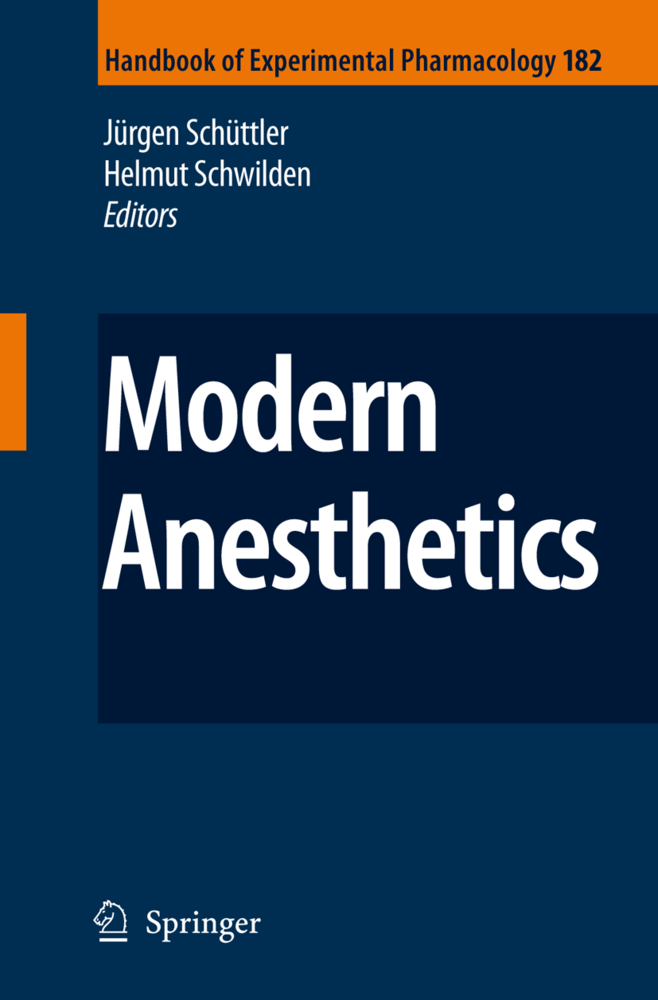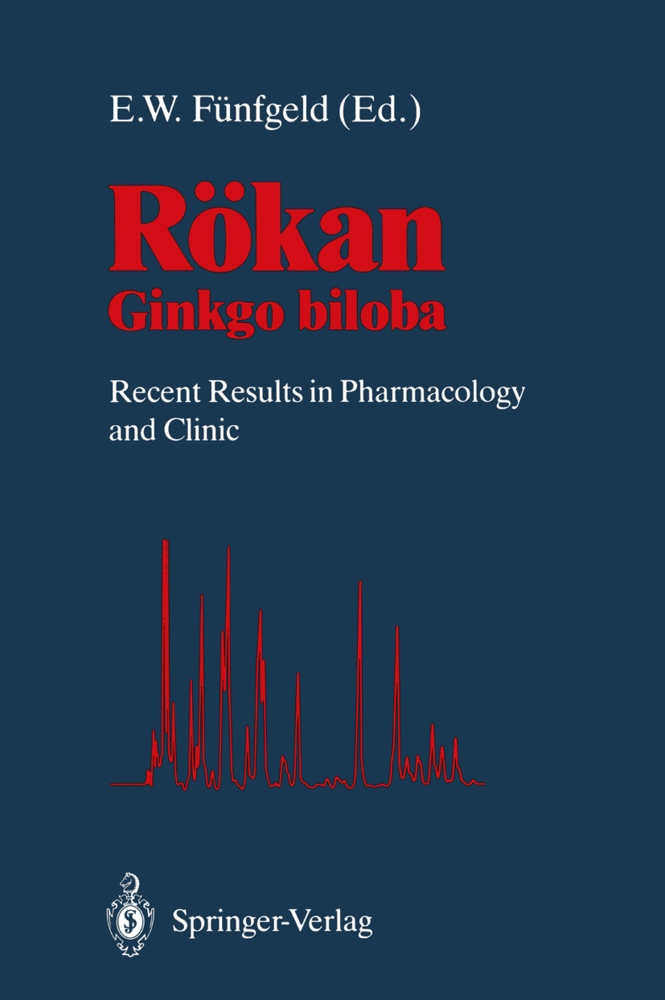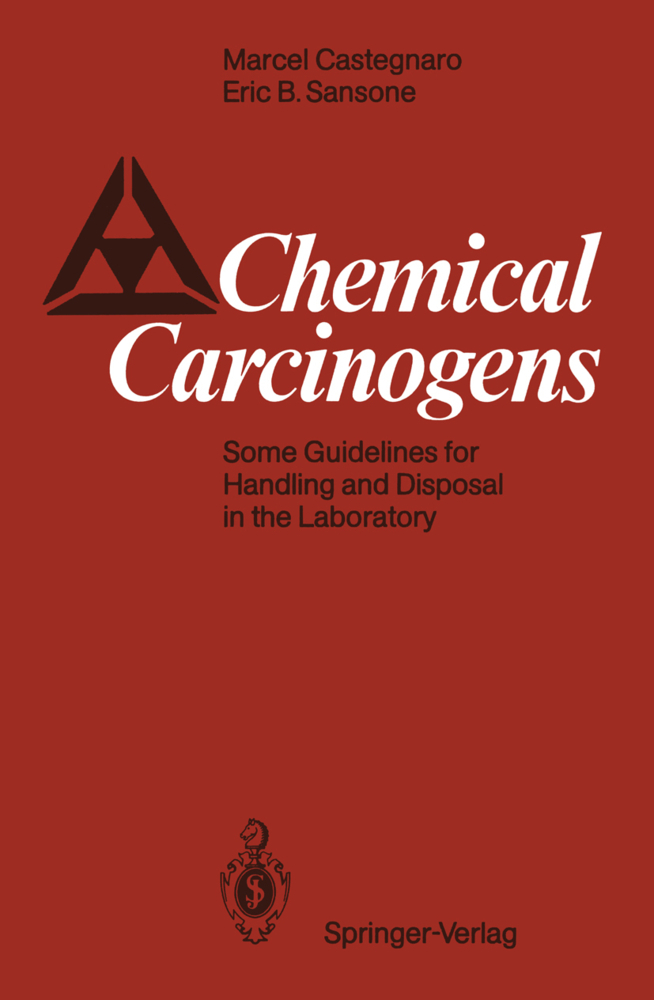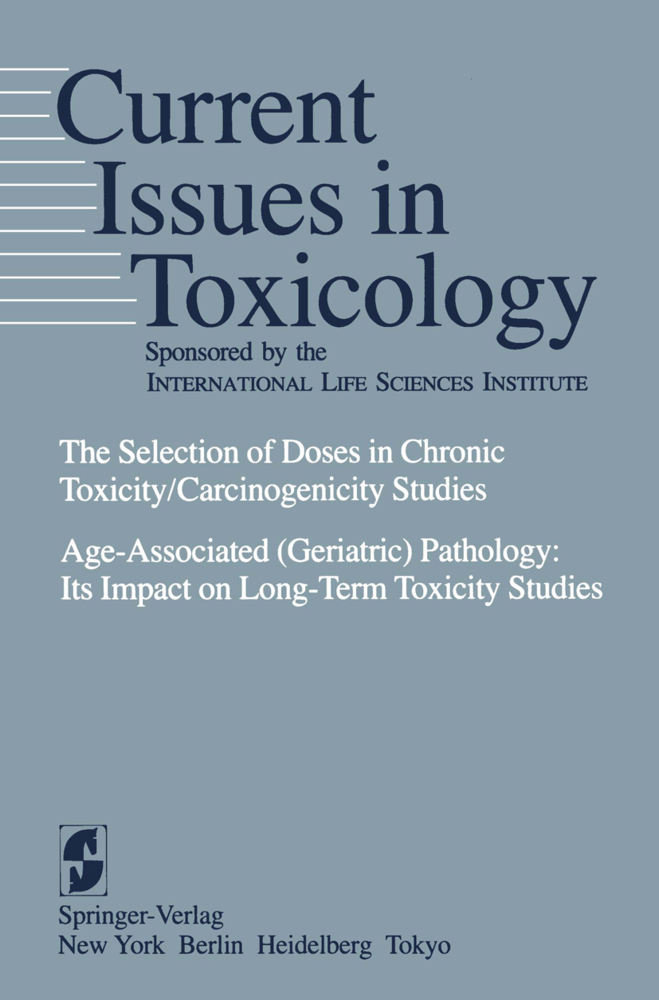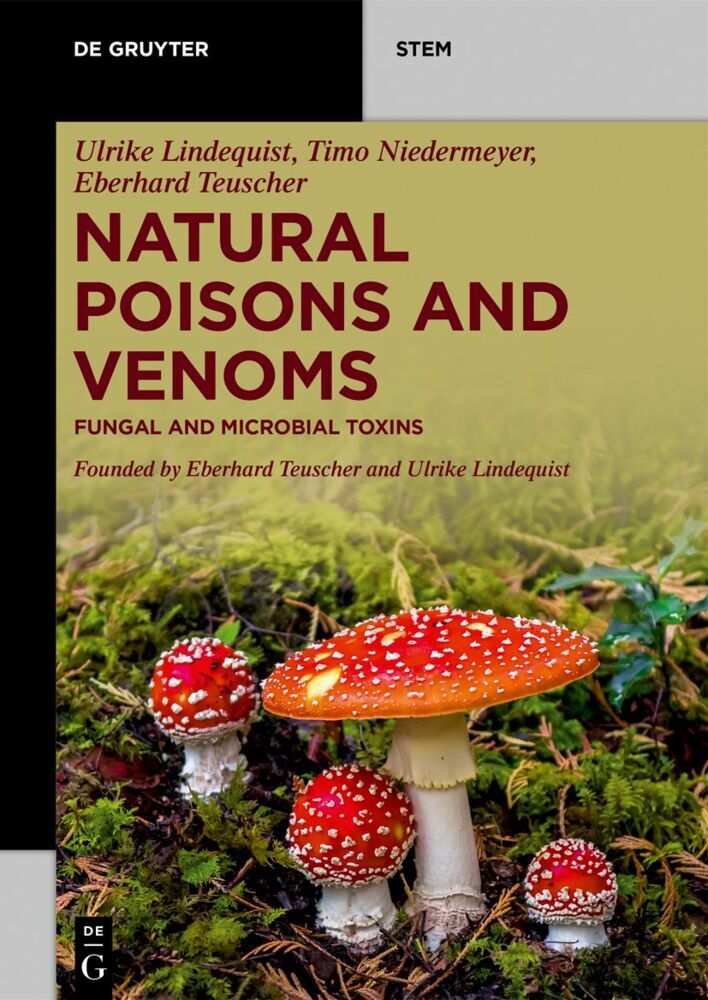Cosmetics
Controlled Efficacy Studies and Regulation
Cosmetics
Controlled Efficacy Studies and Regulation
th Together with the 6 Amendment - Council Directive 93/35 EEC - to the Cosmetic Directive 76/768 EEC it was the first time that, according to Article 7b, special claims of efficacy could be legally attributed to cosmetic products but under the obligation to make evidence of the claimed effects; also an entirely new "controller" was introduced - the independent "safety assessor", This indeed means not only progress in reliable and honest marketing arguments but above all transparency as to the respective proof and thus protection of consumer's health. Such claims demand high standards in scientifi cally based methodology and their results in order to prove such demands evidently. There are also within the 6" Amendment to the Cosmetic Directive in Article 4a strict restrictions as to the further use of conventional animal testing for cosmetic pro ducts and their ingredients and especially for finished products. Without doubt there is a competition between the necessity and expectations on consumer health on the one hand and the requirements of acknowledged protection of animals as done in Council Directive 86/609 EEC on the other. But at least, based on the present state of knowledge, tests in human beings cannot replace animal testing in all instances. Not only ethical reasons alone prohibit or impede testing in humans but also very often the lack of knowledge on functional and/or biological processes underlaying observed effects with the consequence that suitable experimental methodologies are missing.
2 The Contribution of the European Cosmetics Directive Towards International Harmonization: Impact on the Evaluation of Safety and Efficacy
3 Claim Support in Japan: Legal Aspects
4 Claim Support: Ethical Aspects for Conducting Human Studies
Efficacy
5 In Vivo Evaluation of the Hydration State of the Skin: Measurements and Methods for Claim Support
6 Oily Skin: Claim Support Strategies
7 On the Problems of In Vivo Cleansing of the Human Skin
8 Methods for Antiperspirant and Deodorant Efficacy Evaluations
9 Sunscreens
10 Self- or Sunless Tanning Lotions
11 Anti-Dandruff
12 Efficacy of Barrier Creams (Skin Protective Creams)
13 Anti-Cellulite
14 Methods for Claim Support in Cosmetology: Hair Cosmetics
15 Racial Differences in Skin Function: Related to Claim Support
16 The In Vivo Biomechanical Testing of the Skin and the Cosmetological Efficacy Claim Support: A Critical Overview
17 Skin Gloss Metry
Safety
18 Hypoallergenic Cosmetics
19 The Use of Sensitive Skin Panels to Substantiate Cosmetic Claims
20 Fragrances Between Allergic, Hypoallergic, and Irritant: In Vitro Studies
21 Contact Urticaria Syndrome (CUS) and Claims Support
22 Photoreactions
23 Comedogenesis
24 Antimicrobial and Preservative Efficacy
25 Mutagenicity.
General Background
1 Cosmetic Claim Substantiation in the United States: Legal Considerations2 The Contribution of the European Cosmetics Directive Towards International Harmonization: Impact on the Evaluation of Safety and Efficacy
3 Claim Support in Japan: Legal Aspects
4 Claim Support: Ethical Aspects for Conducting Human Studies
Efficacy
5 In Vivo Evaluation of the Hydration State of the Skin: Measurements and Methods for Claim Support
6 Oily Skin: Claim Support Strategies
7 On the Problems of In Vivo Cleansing of the Human Skin
8 Methods for Antiperspirant and Deodorant Efficacy Evaluations
9 Sunscreens
10 Self- or Sunless Tanning Lotions
11 Anti-Dandruff
12 Efficacy of Barrier Creams (Skin Protective Creams)
13 Anti-Cellulite
14 Methods for Claim Support in Cosmetology: Hair Cosmetics
15 Racial Differences in Skin Function: Related to Claim Support
16 The In Vivo Biomechanical Testing of the Skin and the Cosmetological Efficacy Claim Support: A Critical Overview
17 Skin Gloss Metry
Safety
18 Hypoallergenic Cosmetics
19 The Use of Sensitive Skin Panels to Substantiate Cosmetic Claims
20 Fragrances Between Allergic, Hypoallergic, and Irritant: In Vitro Studies
21 Contact Urticaria Syndrome (CUS) and Claims Support
22 Photoreactions
23 Comedogenesis
24 Antimicrobial and Preservative Efficacy
25 Mutagenicity.
Elsner, P.
Merk, Hans F.
Maibach, Howard I.
Kemper, F.H.
| ISBN | 978-3-642-64160-2 |
|---|---|
| Artikelnummer | 9783642641602 |
| Medientyp | Buch |
| Auflage | Softcover reprint of the original 1st ed. 1999 |
| Copyrightjahr | 2013 |
| Verlag | Springer, Berlin |
| Umfang | XVI, 315 Seiten |
| Abbildungen | XVI, 315 p. 52 illus., 16 illus. in color. |
| Sprache | Englisch |

